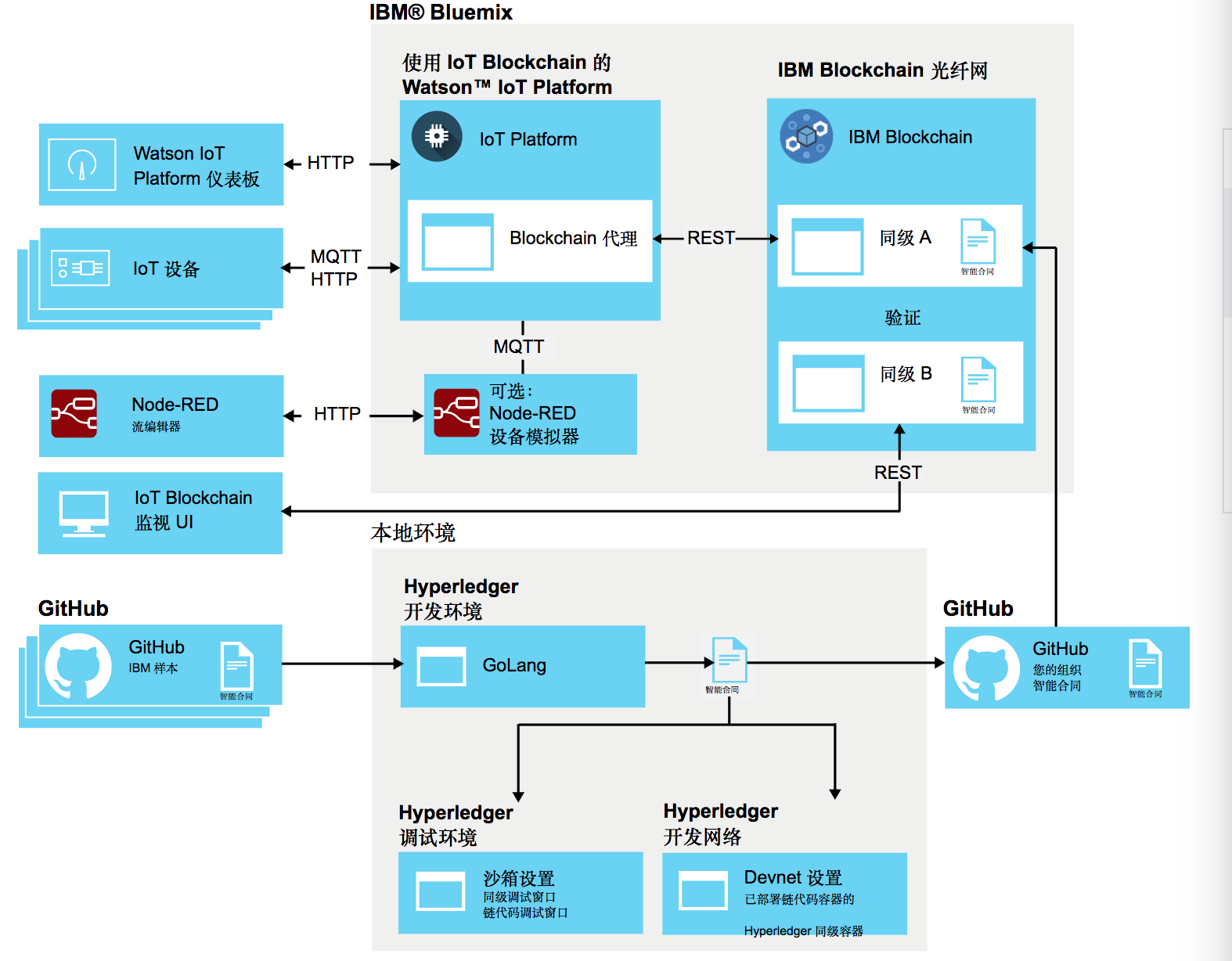|
Introduction: In recent years, we have witnessed a remarkable shift in the way education is delivered and consumed. The advent of online education has revolutionized the learning landscape, opening up new opportunities for students worldwide. This article explores the impact of online education on traditional learning models, highlighting its benefits, challenges, and the potential it holds for the future. Benefits of Online Education: Online education offers several advantages over traditional classroom-based learning. Firstly, it provides flexibility and convenience, allowing learners to access educational resources and participate in classes from anywhere at any time. This flexibility is particularly beneficial for working professionals or individuals with other commitments who can now pursue further education without disrupting their daily routines. Secondly, online education promotes self-paced learning. Students can personalize their learning experience by accessing course materials, lectures, and assignments according to their own schedule and pace. This individualized approach ensures that learners can grasp concepts thoroughly before moving on to the next topic, enhancing overall comprehension and retention. Furthermore, online education transcends geographical boundaries, enabling students to access quality education from prestigious institutions around the globe. This accessibility expands educational opportunities, especially for those living in remote areas or countries with limited educational resources. Additionally, it fosters cultural diversity and global collaboration among students, enriching the learning experience through diverse perspectives and ideas. Challenges and Solutions: Despite its numerous benefits, online education also presents certain challenges. One major concern is the lack of face-to-face interaction between students and instructors. Building rapport, engaging in discussions, and receiving immediate feedback are all aspects of traditional education that may be compromised in an online setting. However, advancements in technology have led to the development of virtual classrooms, video conferencing tools, and discussion forums, which help bridge this gap and foster meaningful interactions. Another challenge lies in ensuring the credibility and quality of online courses. With the proliferation of online platforms, it becomes crucial to verify the credentials of educational institutions and instructors delivering these courses. Accreditation systems and peer reviews play a vital role in maintaining the integrity and standard of online education. Moreover, technological advancements like AI-based proctoring tools have been introduced to prevent cheating and ensure the authenticity of assessments. The Future of Online Education: The future of online education looks promising as technology continues to advance. Artificial intelligence and machine learning algorithms can provide personalized learning experiences by analyzing individual learning patterns, identifying knowledge gaps, and recommending tailored content. Virtual reality (VR) and augmented reality (AR) technologies hold the potential to create immersive and interactive learning environments, enhancing student engagement and understanding. Additionally, the COVID-19 pandemic has accelerated the adoption of online education globally. Institutions and educators have adapted swiftly to remote teaching, further highlighting the significance and effectiveness of online learning. This experience has paved the way for a blended learning approach, where traditional classroom instruction is combined with online components to optimize student learning outcomes. Conclusion: Online education has revolutionized the way we learn, breaking down barriers and making education accessible to a broader population. The flexibility, convenience, and personalized nature of online learning have transformed traditional education models. While there are challenges to overcome, ongoing advancements in technology and pedagogy continue to enhance the online learning experience. As we embrace the digital age, online education stands as a powerful tool for shaping the future of learning, empowering individuals worldwide to gain knowledge and skills in unprecedented ways.  |
